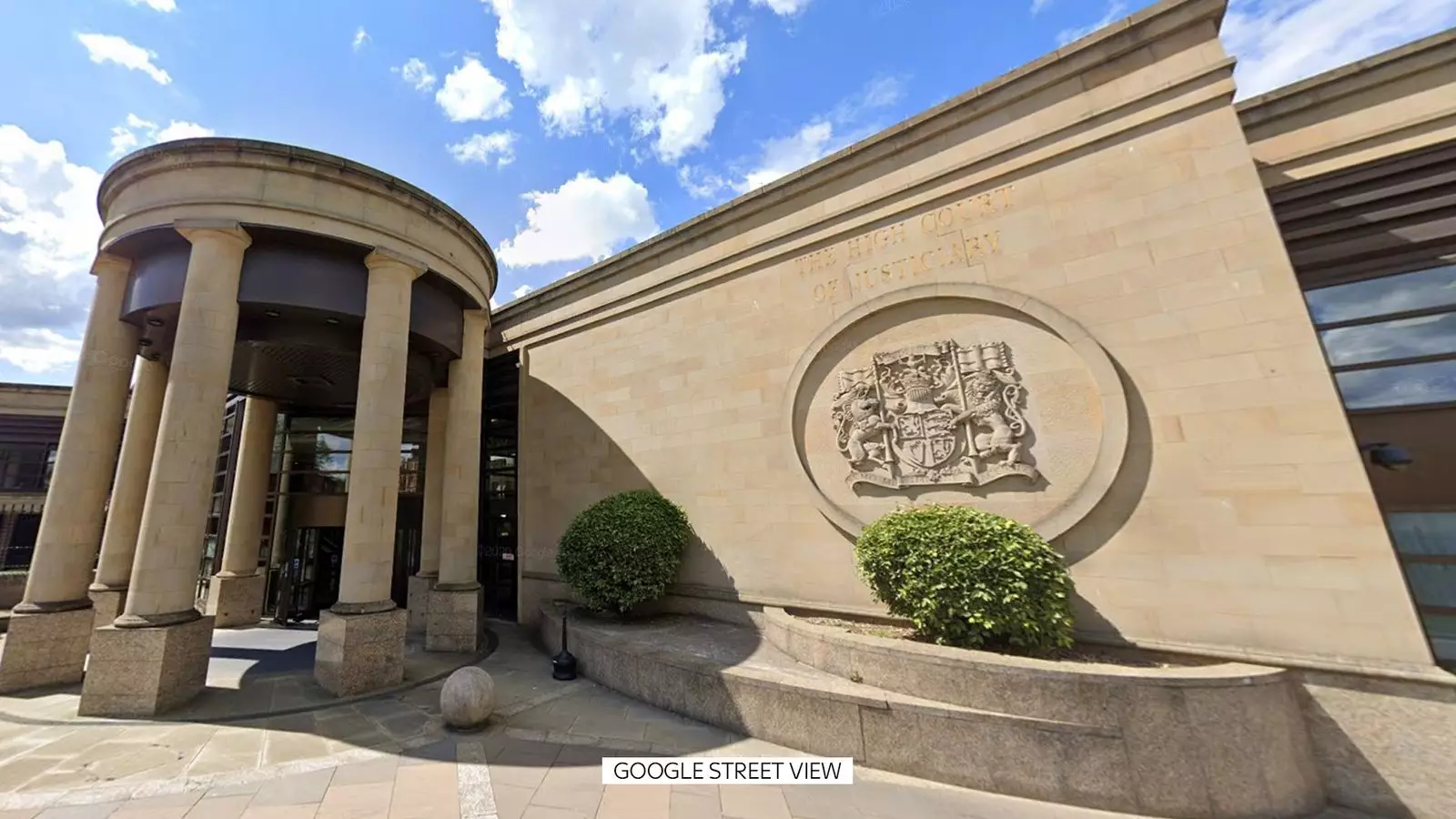In a case that exposes the darkest breaches of trust, a paramedic’s heinous actions have shattered the faith we place in healthcare providers. Stephen Doohan’s deliberate administration of abortion medication during a consensual relationship not only resulted in a tragic pregnancy loss but also highlighted a profound failure of integrity within a profession traditionally seen as dedicated to saving lives. This case compels us to re-examine the boundaries of trust, ethics, and accountability that underpin medical and emergency services. It is a stark reminder that those who are supposed to serve and protect can, under certain conditions, become agents of harm. While the legal consequences are justified—dishing out a significant sentence—questions remain about how systemic flaws and human vulnerabilities enable such betrayal to occur.
Failings in Vigilance and Oversight
One cannot ignore the alarming fact that Doohan accessed and utilized his professional resources—specifically, the work intranet—to search for abortion drugs, an act that suggests premeditation rather than impulsive misconduct. His ability to exploit his role as a paramedic raises critical concerns about oversight and accountability within emergency services. How could someone entrusted with public safety comfortably manipulate medical protocols for personal and malicious purposes? It is a wake-up call for institutions to intensify checks and create safeguards that prevent individuals from abusing their positions of trust. Stronger monitoring systems, mental health support, and rigorous ethical training could act as barriers to prevent a scenario where a paramedic transgresses so severely.
The Psychological and Social Toll
The case underscores an often-overlooked dimension: the irreparable harm inflicted upon the victim. It’s not merely about lost pregnancy; it’s about the profound trauma of betrayal, deception, and assault by someone she was supposed to trust implicitly. Lord Colbeck’s comments about “long-term psychological injury” aren’t reflections of mere legal language—they depict the real toll on a person’s mental health, trust in healthcare, and personal sense of safety. As a society committed to protecting vulnerable individuals, especially women, we must consider how to provide comprehensive support—medical, psychological, and social—for victims of such manipulative and abusive acts. The repercussions extend beyond the physical event, shadowing the victim’s future relationships and sense of agency.
From Legal Justice to Societal Reflection
The court’s sentencing—over ten years in prison—signals a severe stance against abuse of power and manipulation. Yet, it also prompts a broader societal reflection: are our current systems sufficiently equipped to detect and deter similar behaviors? Or do they merely react after harm has been inflicted? The criminal justice approach, while necessary, must be complemented by proactive measures—public awareness campaigns, ethics training, and support networks—that foster an environment where such betrayals are less likely to occur. The case illustrates that accountability is not solely about punishment but also about prevention and healing.
Ethical Imperatives for Healthcare and Emergency Services
This story reveals an urgent need for systemic ethical reforms within care professions. When individuals in trusted roles cross moral boundaries, it is often a symptom of deeper issues—lack of oversight, insufficient mental health resources, or cultural lapses within institutions. Healthcare providers should embody more than technical competence; they must be stewards of trust and moral integrity. An incident like this also raises questions about the internal vetting processes, ongoing ethical training, and support structures that shield both providers and the public. Upholding moral standards is an ongoing process, not a one-time checkbox.
A Call for Vigilance and Compassion
While justice has been served in this instance, it should also serve as a warning and an inspiration. Society must remain vigilant, recognizing that the breakdown of trust can be insidious and gradual, often hidden beneath the veneer of professionalism. More importantly, it underscores the necessity of compassion—supporting victims, holding perpetrators accountable, and fostering institutional cultures grounded in integrity. Ultimately, protecting the vulnerable requires attentive, proactive, and compassionate responses that go beyond punitive measures to rebuild broken trust and restore faith in those sworn to serve us.

Leave a Reply